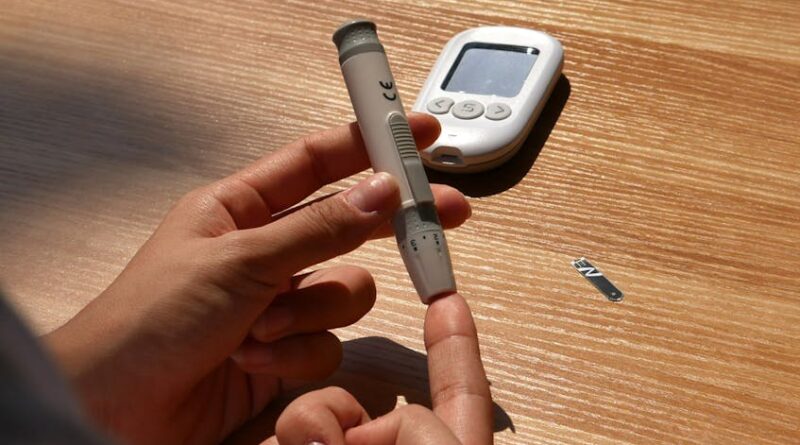Tips for Managing High Blood Pressure: A Comprehensive Guide
Welcome to our in-depth exploration of tips for managing high blood pressure. High blood pressure, also known as hypertension, is a common condition that affects millions of people worldwide. It is often referred to as the “silent killer” because it can lead to serious health complications if left uncontrolled. In this article, we will delve into various strategies and techniques to help you manage your high blood pressure effectively. From lifestyle changes to medications, we will cover it all to empower you with the knowledge you need to take control of your health.
The Importance of Managing High Blood Pressure
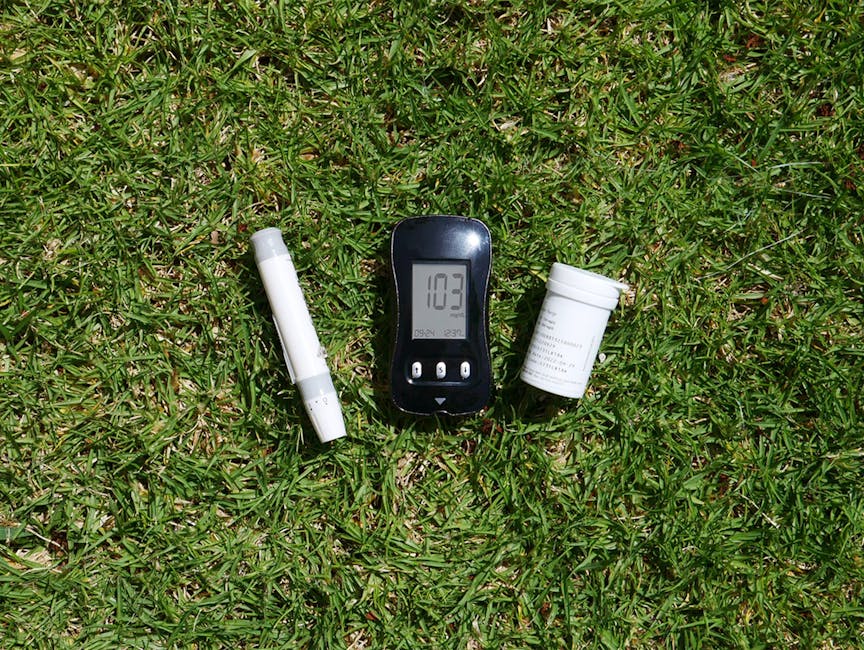
High blood pressure is a condition where the force of blood against the walls of your arteries is consistently too high. Over time, this can cause damage to your blood vessels, heart, and other organs, increasing your risk of heart disease, stroke, and other serious health issues. Managing high blood pressure is crucial to reduce these risks and improve your overall health and well-being.
High blood pressure often has no symptoms, so it’s essential to monitor your blood pressure regularly. A healthy lifestyle and proper medical treatment can help keep your blood pressure in check and prevent complications. Let’s explore some tips for managing high blood pressure effectively.
1. Maintain a Healthy Weight
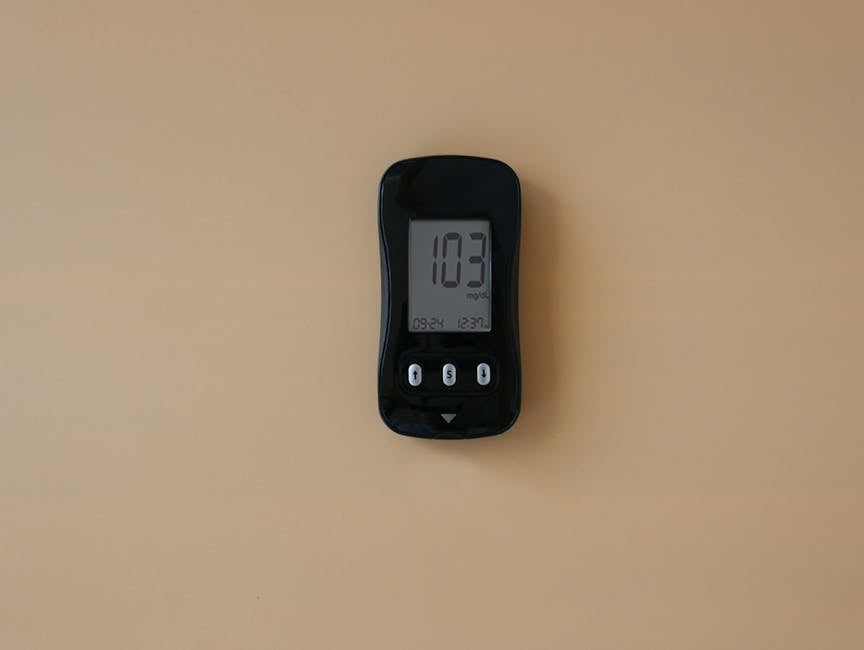
One of the most effective ways to manage high blood pressure is to achieve and maintain a healthy weight. Being overweight or obese puts extra strain on your heart, leading to higher blood pressure. Losing even a small amount of weight can make a significant difference in lowering your blood pressure.
Try to incorporate a balanced diet rich in fruits, vegetables, whole grains, and lean proteins. Avoid foods high in saturated fats, cholesterol, and sodium, as these can contribute to high blood pressure. Regular exercise is also crucial for weight management and overall cardiovascular health.
2. Adopt a Healthy Diet
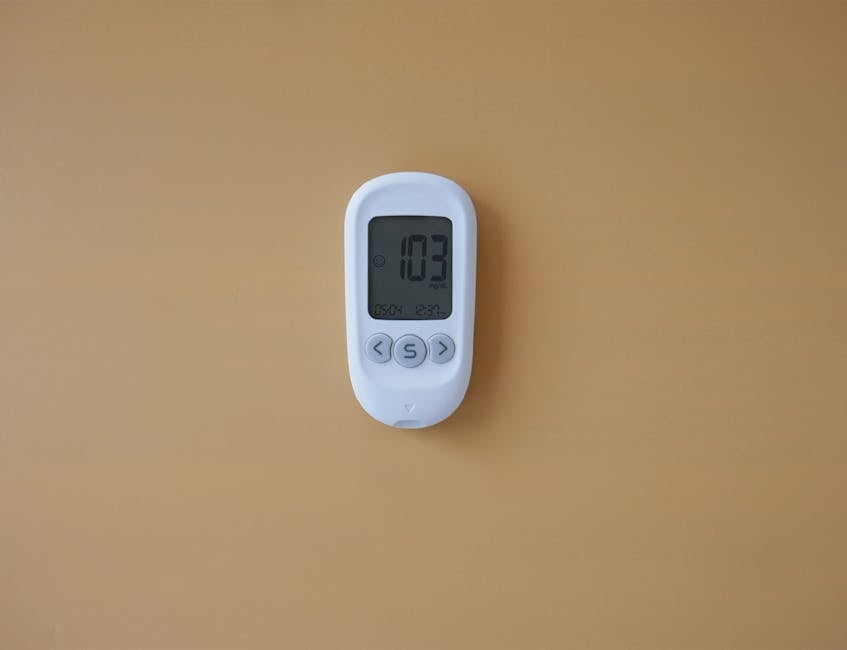
Your diet plays a crucial role in managing high blood pressure. The Dietary Approaches to Stop Hypertension (DASH) diet is often recommended for individuals with high blood pressure. This diet emphasizes fruits, vegetables, whole grains, and lean proteins while limiting sodium, saturated fats, and cholesterol.
Reducing your sodium intake is particularly important for managing high blood pressure. Excess sodium can cause your body to retain water, increasing blood volume and raising blood pressure. Be mindful of hidden sources of sodium in processed and packaged foods, and opt for fresh ingredients whenever possible.
3. Get Regular Exercise
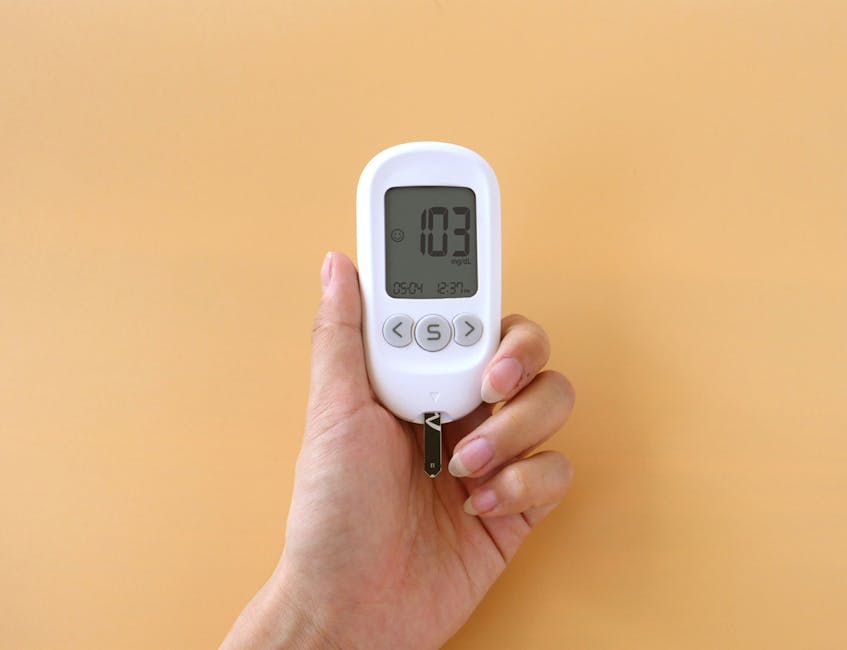
Physical activity is another essential component of managing high blood pressure. Regular exercise can help lower your blood pressure, strengthen your heart, and improve overall cardiovascular health. Aim for at least 150 minutes of moderate-intensity exercise per week, such as brisk walking, swimming, or cycling.
Incorporate strength training exercises at least two days a week to further benefit your heart health. Consult with your healthcare provider before starting any new exercise regimen, especially if you have underlying health conditions or concerns.
4. Limit Alcohol and Caffeine
Excessive alcohol consumption can raise your blood pressure and interfere with the effectiveness of blood pressure medications. Limit your alcohol intake to moderate levels no more than one drink per day for women and two drinks per day for men. If you have high blood pressure, it may be best to avoid alcohol altogether.
Caffeine can also temporarily raise blood pressure, so it’s essential to monitor your intake of coffee, tea, and other caffeinated beverages. If you notice that caffeine affects your blood pressure, consider reducing your consumption or switching to decaffeinated options.
5. Manage Stress Effectively
Chronic stress can contribute to high blood pressure and other cardiovascular problems. Finding healthy ways to manage stress can help lower your blood pressure and improve your overall well-being. Practice relaxation techniques such as deep breathing, meditation, yoga, or tai chi to reduce stress levels.
Engaging in hobbies, spending time with loved ones, and getting an adequate amount of sleep are also important for stress management. If you’re feeling overwhelmed, don’t hesitate to seek support from a mental health professional or counselor.
6. Take Medications as Prescribed
In some cases, lifestyle changes alone may not be enough to manage high blood pressure. Your healthcare provider may recommend medications to help lower your blood pressure and reduce your risk of complications. It’s essential to take your medications exactly as prescribed to achieve the best results.
Be sure to follow up with your healthcare provider regularly to monitor your blood pressure and adjust your treatment plan as needed. Keep track of your blood pressure readings at home and report any significant changes or concerns to your healthcare provider promptly.
7. Monitor Your Blood Pressure Regularly
Monitoring your blood pressure regularly is critical for managing high blood pressure effectively. Home blood pressure monitors are available for purchase at most pharmacies and can help you track your blood pressure readings at home. Keep a log of your readings and share them with your healthcare provider during your appointments.
It’s essential to follow the recommended guidelines for measuring your blood pressure accurately. Sit quietly for several minutes before taking your reading, and avoid caffeine, exercise, and smoking beforehand. Take multiple readings at different times of the day to get an accurate picture of your blood pressure levels.
Common Misconceptions about High Blood Pressure
There are several common misconceptions about high blood pressure that can hinder effective management of the condition. One common misconception is that high blood pressure only affects older adults. In reality, high blood pressure can occur at any age, and even children and young adults can develop the condition.
Another misconception is that high blood pressure is always accompanied by symptoms such as headaches, dizziness, or nosebleeds. However, high blood pressure often has no symptoms, making it essential to monitor your blood pressure regularly, even if you feel fine.
Conclusion
Managing high blood pressure is essential for reducing your risk of heart disease, stroke, and other serious health complications. By following the tips outlined in this article, you can take control of your blood pressure and improve your overall health and well-being. Remember to maintain a healthy weight, adopt a balanced diet, get regular exercise, limit alcohol and caffeine, manage stress effectively, take medications as prescribed, and monitor your blood pressure regularly.
Empower yourself with the knowledge and tools needed to manage high blood pressure effectively. Your health is in your hands, and by making positive lifestyle changes and working closely with your healthcare provider, you can keep your blood pressure under control and live a healthier, happier life.
Long story short, taking proactive steps to manage high blood pressure can have a significant impact on your health and quality of life. Don’t wait until it’s too late start implementing these tips today to safeguard your heart and overall well-being. Your future self will thank you for prioritizing your health and taking control of your high blood pressure.

